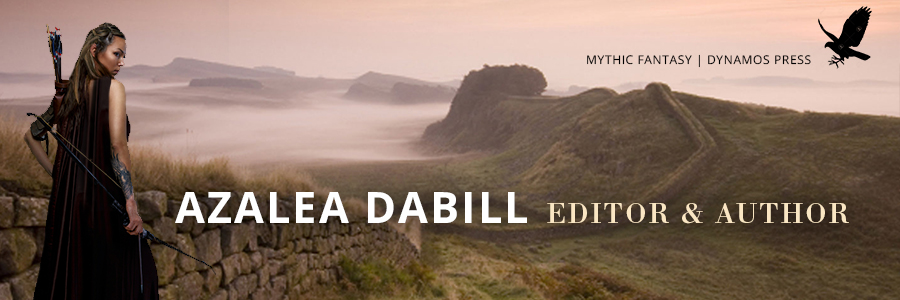Saying morals are relative destroys our inner strength. And the strength of story. It unravels the framework, the structure, and the heart of the story, which ought to tell us something about how relativism works – or doesn’t – in us.
If we believe relativism, it’s like trying to fight on dry dunes. The sand is never stable, giving us nothing to rely on. That tyrannical belief begins in us, when we redefine, excuse, and explain what we can about our circumstances in attempts to justify our actions. Relativism is the mark of the bad guys. There is no solid ground to stand on, no reliability. It is false, deceptive ground. We can build no lasting framework, no structure here. There is no place of inner strength to find.
Wyldling Trials and The Shadow Elf’s Mission reveal inner strength in their good characters because they fight on the rock, or a least toward the rock. They are fighting relativistic thinking. That fight between the relativistic villain and the underdog who says, ‘no, the same rules apply to you and everyone,’ is a forge. Often a forge of pain.
As we have said, there is always some kind of pain in training: from that of tearing, expanding muscle, to rigorous trial of spirit, to heart-pain that makes room for compassion or which turns that which is weak inside to steel. … Hence, forging forces are needed in the inner arena. The training arena, the gladiatorial arena, and the liberating arena of ideas where spirits strive through the ages—all have served this purpose. When a fantasy story combines the external elements of training, the contest, and the gaze of witnesses with high inner stakes of the moral war, we have a great story and fly through the pages . . . –Fantastic Journey pg. 145
You can’t have any kind of story that rings true, that has a framework, or structure, or heart without objective morality, which is a rock to us. What inner strength we have comes from what we stand on, from our rock. We must choose, we do choose, relative truth or objective truth in every circumstance. Will we tell ourselves tales or the truth?Oddly enough, the more relativistic a character in a story is, the more we hate them. As I say in Fantastic Journey, “Principles, or their lack, drive the blade in every world.” We use the blade in a right or wrong way. Every moral rock, all reality attests to this, even the reflections of reality we call story.
What ground do you choose to fight from? What is your rock? Or rather “who” is your rock? Yourself or???
Fight well!
Until next time,
Azalea – Crossover, Find the Eternal, the Adventure

